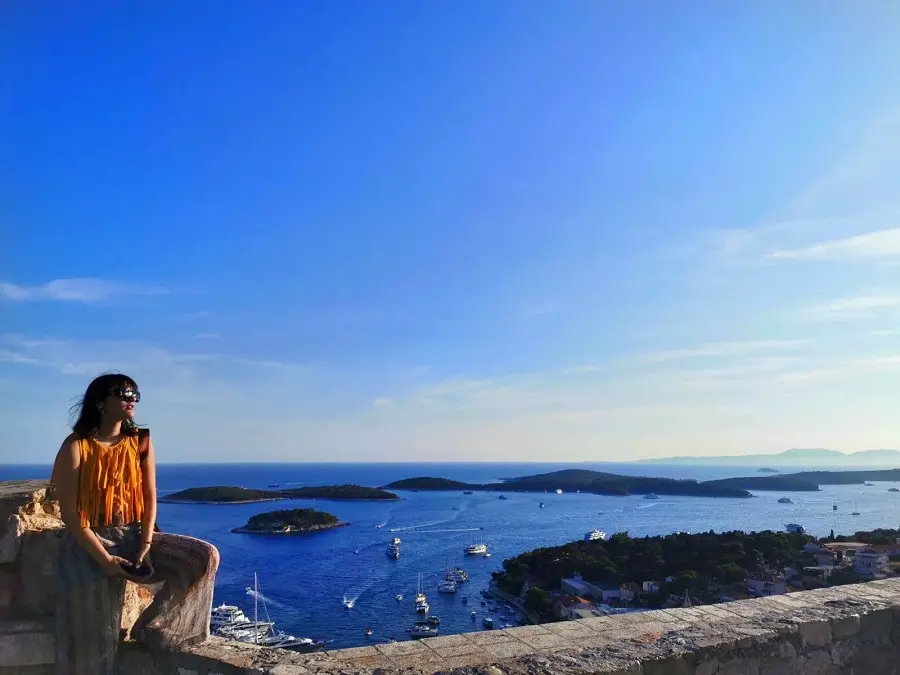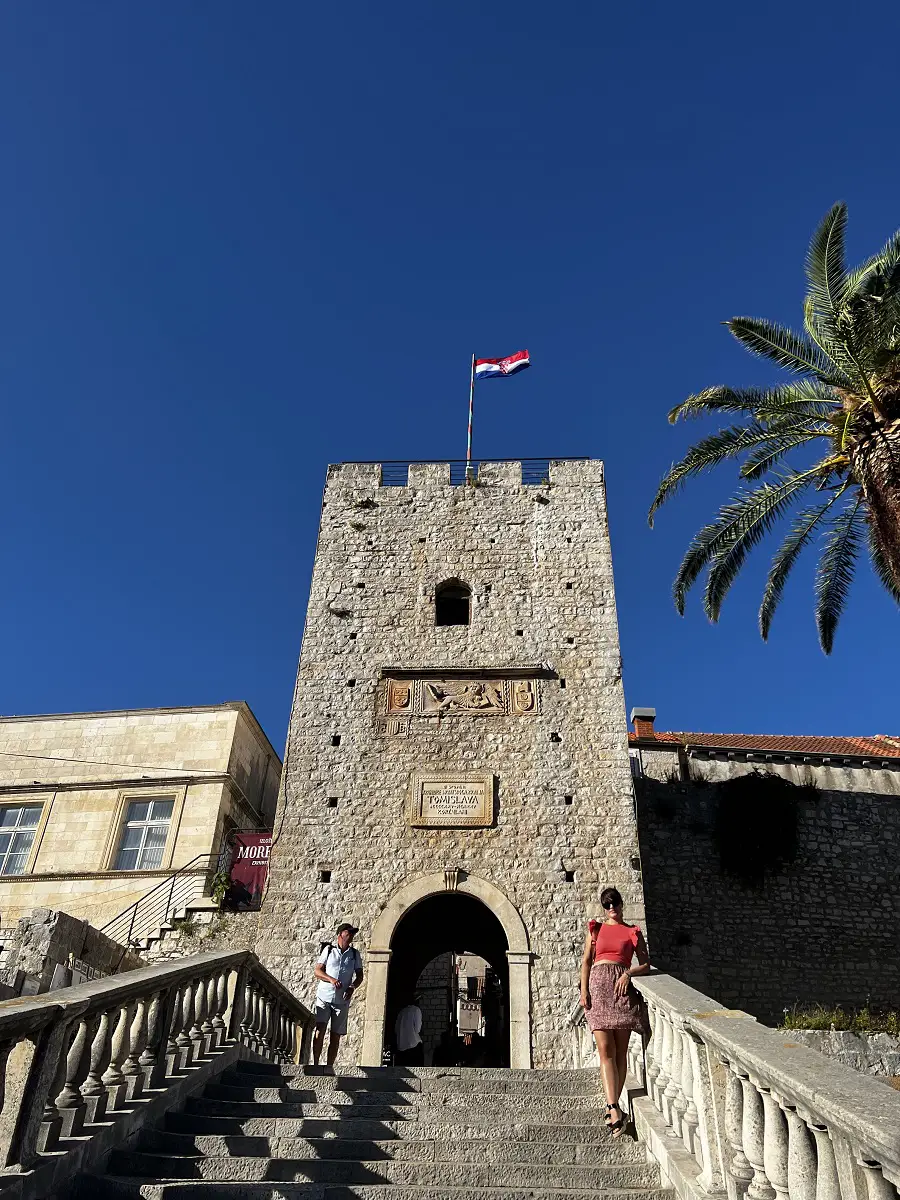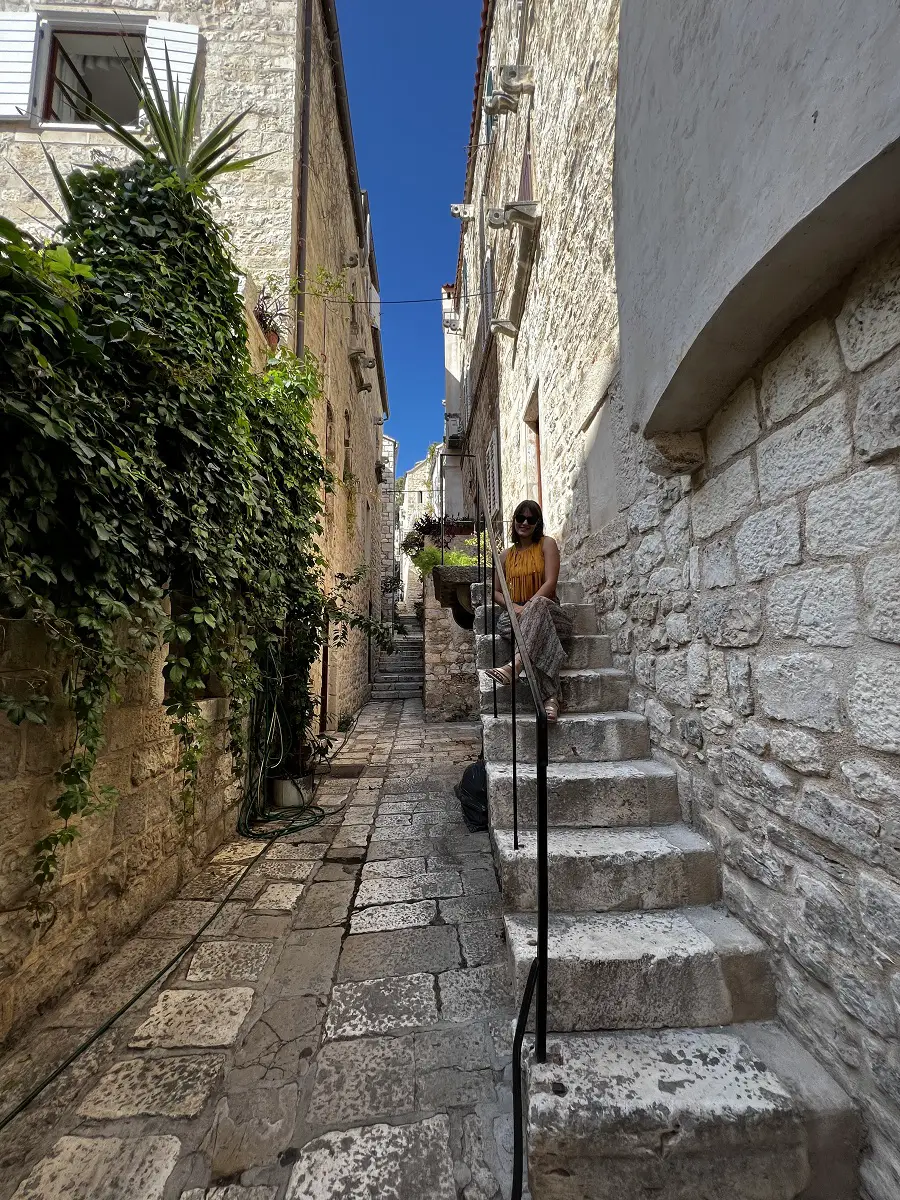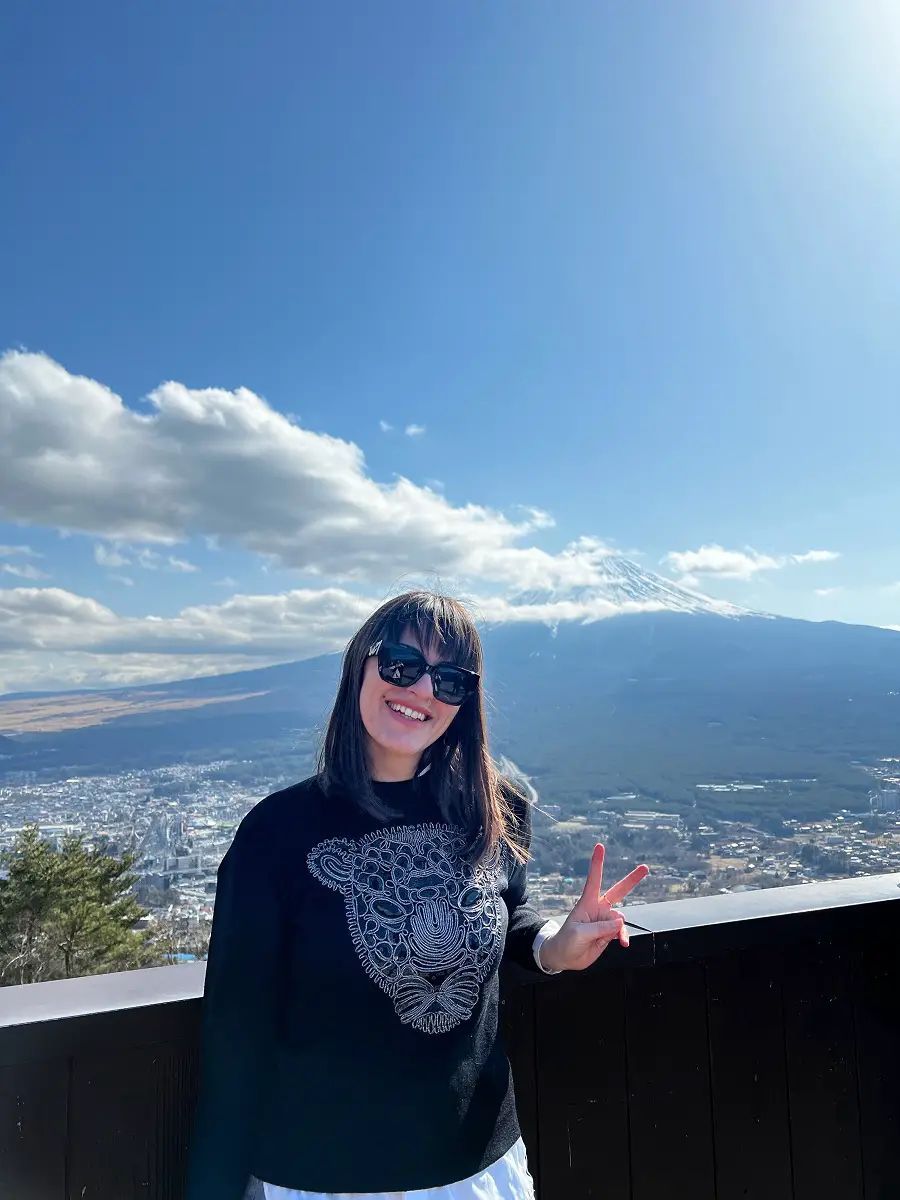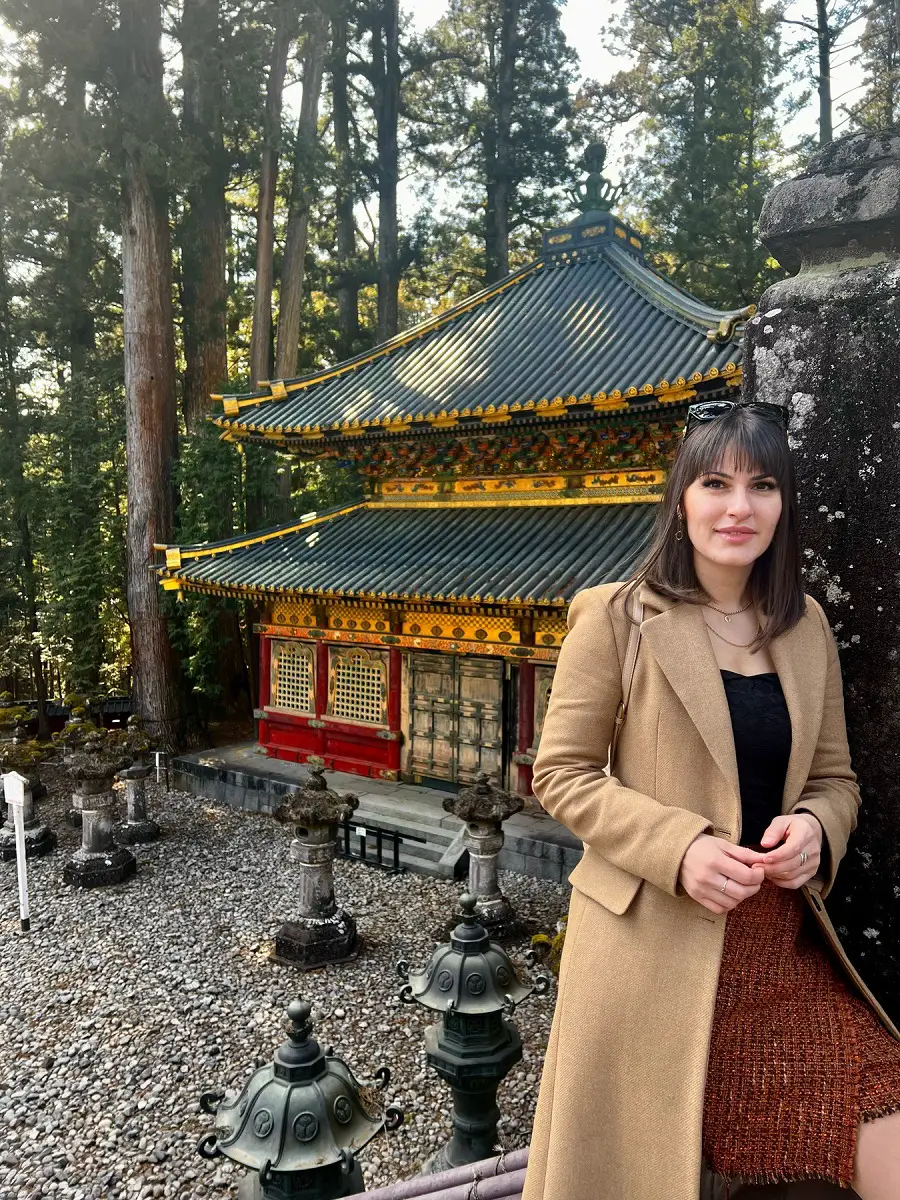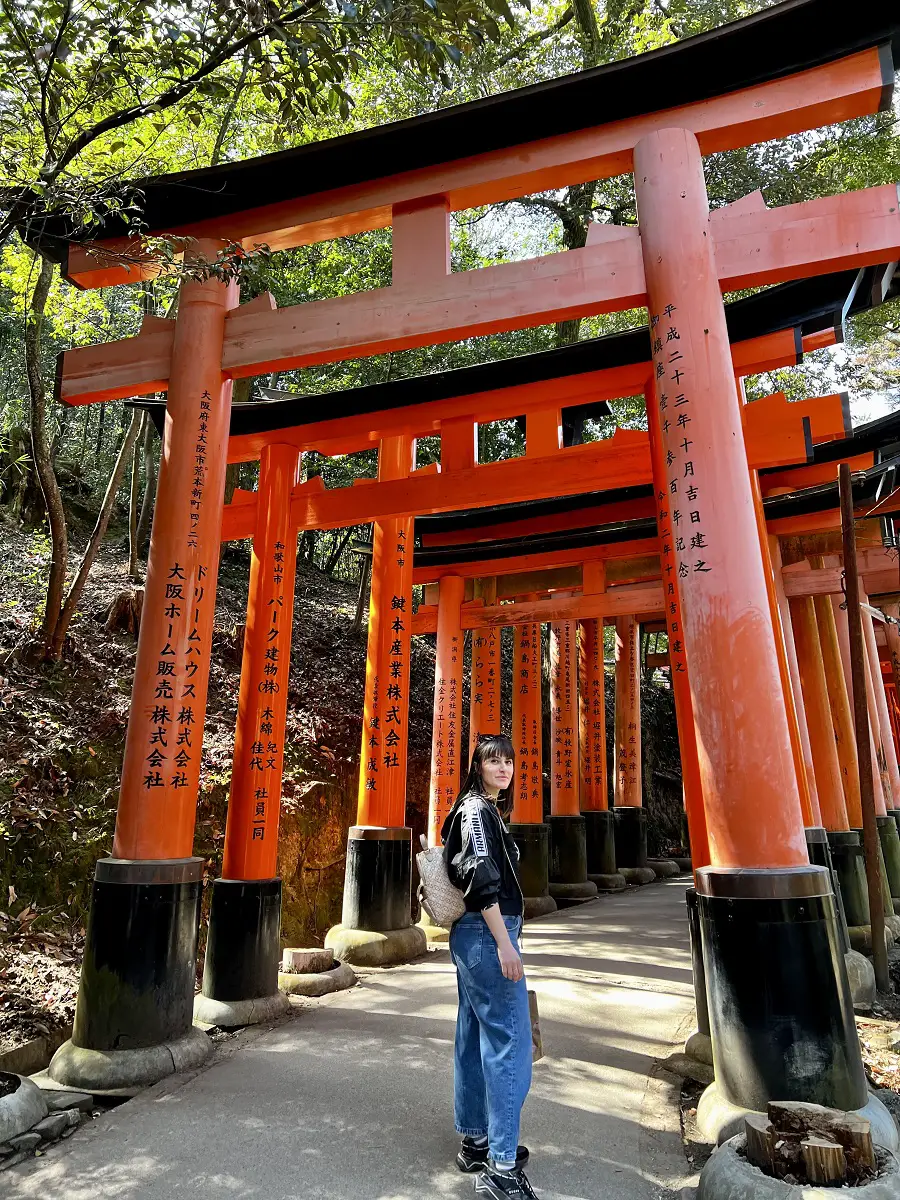Croatia, great for a 2-week holiday, but a nightmare for full-time living unless you are very rich, so the perceived wisdom goes. The Croatian dream is to live in Croatia with a nice income from abroad, as many foreigners and remote workers do. For Croatians, if I read the comments in my recent video, Croatia is the Best Place to Live: 8 Reasons Why (see below), salaries are too low and people are forced to emigrate in search of a better life.
While there is definitely an element of truth to this, it got me thinking. The era of remote work is here, and the workplace is increasingly global, with a labour shortage for many skills. It doesn’t matter if you are from Boston or Bangladesh if you have the skills, desire, and work ethic, and are able to work remotely online. And while it is certainly true that salaries in Croatia are low, what about the opportunities that the global online marketplace offers? If foreigners can find ways to live in Paradise and work remotely, why not locals? Curious, I posted this on my Facebook and LinkedIn:
Do I know many Croats who are living in Croatia, but working remotely for international companies who would be interested in being part of a TCN interview series showcasing living in Croatia but earning online, including advice to others on how to get started? It could be an interesting series. If interested, contact me on [email protected] Subject Remote Croatia.

Some 15 emails – and several inspiring stories – later, and I think we have the makings of what could be a rather interesting series, Croats Living in Croatia & Earning Abroad. So far, we have featured all Croatians, but here is a worth addition from North Macedonia now in Zagreb – meet Monika Boshkova.
I’m Monika Boshkova, originally from Macedonia, and I’m grateful to have chosen Croatia as my second homeland. I’ve always had an intense urge to explore the world. I told my parents when I turned 18, they won’t see much of me. Being an only child, especially here in the Balkans, they weren’t exactly thrilled with my decision, but I’m grateful they (mostly) supported my adventures.
While enrolled in Finance and Accounting in Skopje, I signed up for various volunteering projects, work, and different seminars whenever I got a chance worldwide. Until 25, I had visited more than 35 countries because of which I graduated a year later, but hey, it was the best decision that, as I later realized, shaped my entire future.
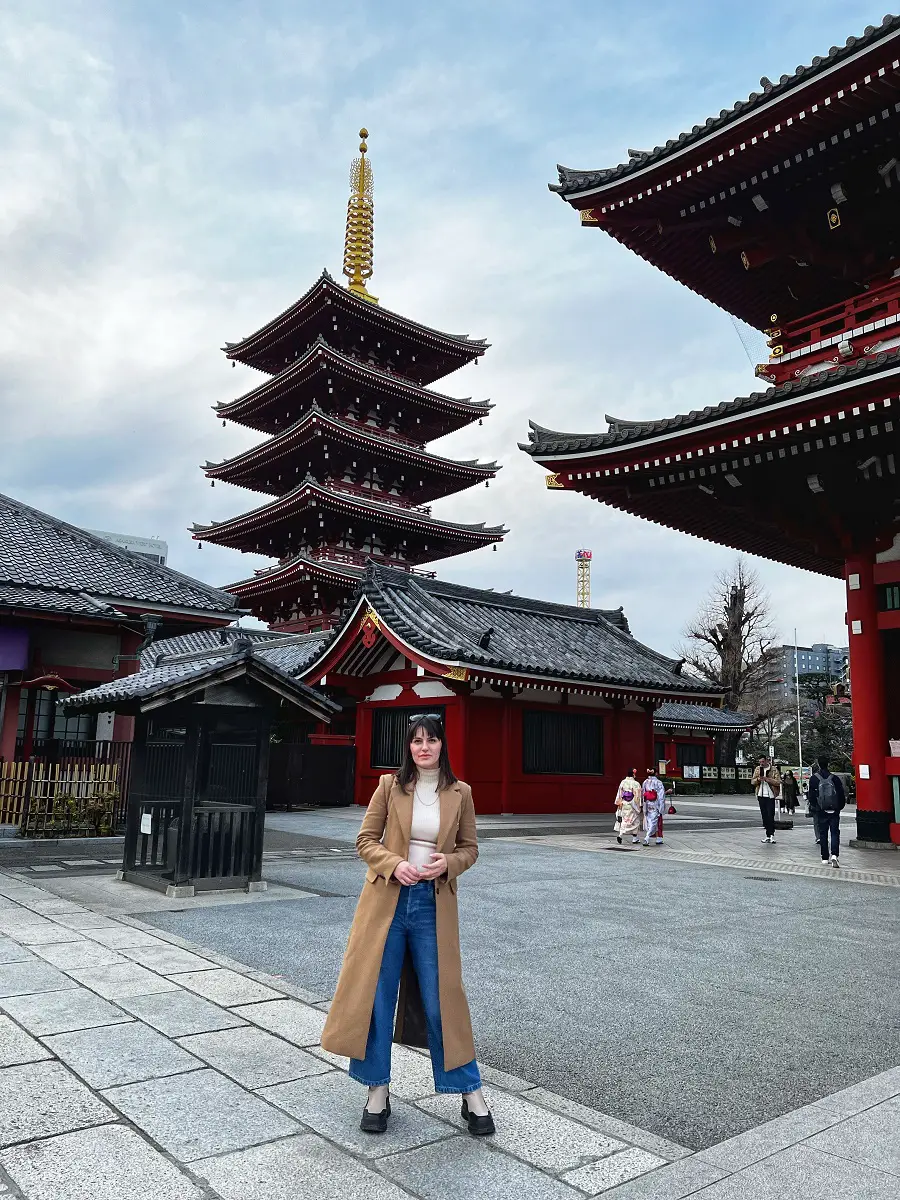
In the meantime, during university, I also started freelancing as a copywriter because all those trips weren’t going to finance themselves. Still, I never saw myself being self-employed at the time.
The decision came later when at 26, I moved to Prague to work in accounting and realized how unhappy I was with the set work and routine. By then, I continued freelancing simply because all the creativity I lacked in my full-time job gave me so much pleasure, and, well, who can say no to the extra income?
So, I finally connected the dots when I left my job in Prague in 2020, and because of my boyfriend, I decided to move to Zagreb. The next logical step was starting my own business, or the infamous obrt as they call it here.
1. Many Croats are emigrating, but you not only chose to stay but managed to achieve the Croatian dream – living here and working for an international company. Tell us how you did it.
Coming from Macedonia, I was already familiar with the Croatian culture, which helped me feel (more or less) at home. Still, just like in Macedonia, I couldn’t see myself thriving here on the set standard and afford the life I had envisioned for myself.
After leaving Prague, I was ready to settle somewhere, and by then, I realized that I loved the freedom that comes with freelancing and all the creativity that I would even work for free. Since then, it was just a matter of a few months of head bumping and arm wrestling with the Croatian bureaucracy to finally start my business venture.
Now, as a freelancer, I work with several clients; some on a long-term contract and some as one-time gigs, which is enough to fill 30–40 hours a week.
Copywriting for new and upcoming businesses, social media maintenance and ads, and organizing website background processes. This is more of a project management style of work with everything from hiring people, writing SOPs for particular workflows, publishing content, creating reports, and anything else that ensures the project goes by plan.
With my type of work, I could have chosen any other country to work from, but I’m happy that love brought me to Croatia. Falling in love with the country soon after was a no-brainer.
2. Looking for jobs based in Croatia can be a challenging task. How challenging was it for you to get where you are today – it must have taken a lot of determination and rejection.
At first, while I was still contemplating whether starting my own business would be too risky here and while still working on gathering all the needed documents to register my business, I tried to find a job.
I looked for something that matched my degree or my copywriting and online marketing skills but was stuck in the middle. Not enough experience in my field of studies but also freelance work was not particularly appreciated by the HRs of all the companies I applied to.
Somehow, starting my own business was inevitable for me. And now, looking back, I’m thankful no one took an interest in my CV.
3. If you can do it, presumably others can too. Are you aware of others who have had similar success but maybe in different industries?
Yes, I meet many people, whether Croats or other digital nomads, that live here while freelancing for international companies. IT is the biggest industry for remote work that pays well.
4. What is the general feeling among people in Croatia today? Is it possible to have a good life here, or is the grass greener on the other side?
For me, the grass was greener wherever I went during my period of traveling and adventures. I think that’s more so a mindset rather than related to an actual country, in this case, Croatia.
5. Apart from corruption and nepotism, low wages are often cited as a reason to emigrate. But the remote work revolution, as your example has shown, as well as the influx of many foreign workers to the likes of Rimac and Infobip, for example, show that a good quality of life IS possible in Croatia. What are your thoughts on that?
Of course. There is so much more to this country that people seem to forget, and I’m grateful that work like yours appears to be reminding them of it. I know income is the most significant factor in determining whether to stay, but if people were as proactive and worked as hard as they did when they went abroad, most would find their happy place under the sun here too.
Another significant “happiness” factor here is not depending on the government or anything connected to it, like the health system.
6. What advice do you have for others who would like to stay in Croatia but have no idea where or how to find a possible remote work job or business as you have managed to do?
Invest in yourself. Take some time to learn new skills, find out what you’re good at, and go for it. I know it sounds cliché, but those who find pleasure in their work consistently outperform those who simply work for the money.
In the first few years of starting my business, I may have made more money if I had stayed in finance and accounting working for someone else, but I would have been deeply unhappy even before I turned 28. That was simply not worth it for me.
There are tons of companies looking for remote workers on LinkedIn to begin with. A “low” salary for them is an excellent starting income for us here. Anyone can start with even the most basic tasks of a VA and then gather enough experience to move forward.
7. Three reasons you decided to stay in Croatia, and the one thing you would like to change in this country.
-
The warmth of this country, which to me represents the fiery nature of the people, the music, and, oh gosh, the food.
-
I like the values this country has mostly preserved as opposed to the Western world, so it’s very safe and the place to raise a healthy family.
-
The plethora of islands and mountains and the contrast between the north and the south regarding places to visit and beauties to see.
One thing I would like to change here is the mindset of most people. The ‘grass is greener’ thing. When you travel and live in several other countries, you see their shortcomings too and realize governments have ups and downs everywhere.
Sure, that’s an understatement for ours here, but changes start from the people, and we must be more appreciative of what we have. And maybe watch the mainstream news a little less; that’ll help unquestionably.
You can follow Monika Boshkova on LinkedIn.
****
Thanks Monika, very inspiring, and congratulations on all your success.
You can follow the rest of this series in the dedicated TCN section here.
If you would like to contribute your story to this series, please contact [email protected] Subject Remote Croatia.
****
What is it like to live in Croatia? An expat for 20 years, you can follow my series, 20 Ways Croatia Changed Me in 20 Years, starting at the beginning – Business and Dalmatia.
Follow Paul Bradbury on LinkedIn.
Subscribe to the Paul Bradbury Croatia & Balkan Expert YouTube channel.
Croatia, a Survival Kit for Foreigners is now available on Amazon in paperback and on Kindle.


